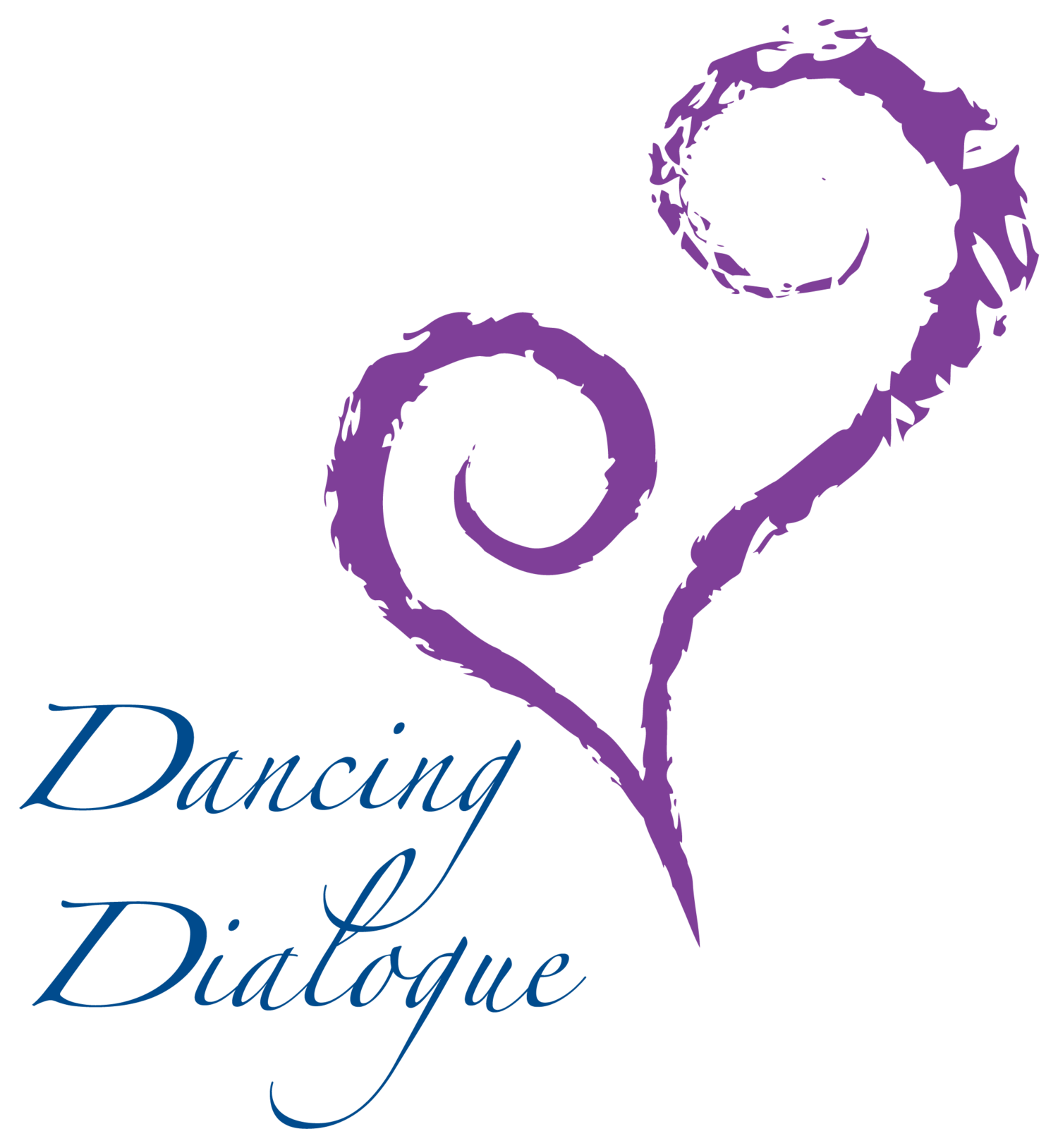In January 2015, we gathered an international group of developmental neuroscientists and clinical researchers in a symposium that bridged the communication gap between new neurobiological insights on psychosomatic distress and novel treatment approaches for these difficult to treat conditions. Responding to the great interest generated by that meeting, we are glad to present the 2nd Columbia Psychosomatics Conference.
This year, we bring a new two-day program that will focus on the recent insights into treatment of patients with chronic pain who are often misdiagnosed and suffer for years without effective alleviation of pain, which significantly impairs their lives. Somatoform pain, fibromyalgia, "idiopathic" or "medically unexplained" pain are some of the many terms that describe chronic pain - a disorder, recent research suggests, which stems from malfunctioning of the central nervous system.
Developmental neuroscience research point to a crucial role of early interpersonal experience in the development of the brain and its capacities to regulate emotions, pain, immune, and all other body systems, leading to a long-term impact on health and disease throughout a person's life. Early emotional distress and a non-optimal interpersonal environment may have detrimental neuroimmune effects on life-long development. These effects can, however, be reversed to a large extent by engaging neuroplasticity - a change elicited by new experience and aided by pharmacologic treatments. While most current treatments are focused on modulating the interaction between emotions and somatic experiences through verbal interventions (e.g., talk psychotherapy), early learning, emotional experience, interpersonal communication, and interaction of with the external and inner world of a person are multimodal. That is, preverbal multisensory, cognitive, and emotional functions play an important role in our functioning and distress regulation. Cutting-edge psychosomatic treatment programs around the world engage all these systems in multimodal treatment programs that include talk-, music-, art-, body-, dance/movement-, physical-, individual and group psychotherapies combined with pharmacotherapy.
International group of leading psychosomatic researchers and clinicians will present the science and the clinical approaches to multimodal emotion-, body-, and development- focused treatments for central chronic pain. We invite a multidisciplinary community of psychosomatic clinicians and researchers, psychiatrists, psychologists, neurologists, nurses, primary care-, pain-, internal medicine, and family physicians, social workers, art-, music-, dance/movement-, and body-psychotherapists, physical therapists, as well as clinical and basic researchers to take part in exchange on the cutting-edge psychosomatic treatments and research on centrally-modulated chronic pain, and to engage in discussions with each other and our presenters.

